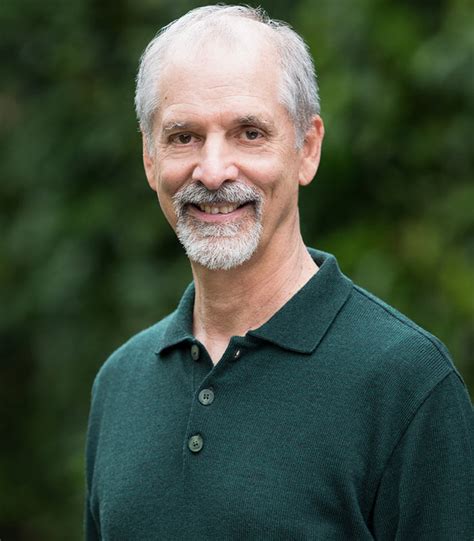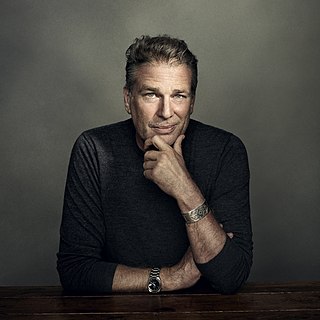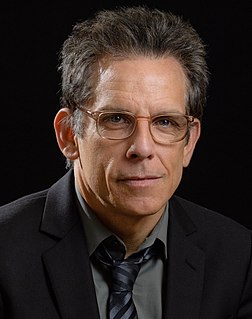A Quote by Gary Kraftsow
When I was twenty, and my family were business people, and I had disappeared to India and they were like, "What are you doing?" I had a good relationship with them, and it wasn't like a rejection or anything, but they couldn't understand why I was going to India.
Related Quotes
India does not need to become anything else. India must become only India. This is a country that once upon a time was called 'the golden bird'. We have fallen from where we were before. But now we have the chance to rise again. If you see the details of the last five or ten centuries, you will see that India and China have grown at similar paces. Their contributions to global GDP have risen in parallel, and fallen in parallel. Today's era once again belongs to Asia. India and China are both growing rapidly, together. That is why India needs to remain India.
When I wrote 'Monsoon,' I always imagined the music video being shot in India. The song had so much to do with my time in India with my mother as well as leaving her in India during the monsoon season to visit my family in N.Y. It really was a dream come true when I was given the opportunity to shoot in India.
Formal education in British India was remarkable for its lack of connection with its Indian environment. Like the African persuaded to cover his nakedness with a Mother Hubbard, we wore mental Mother Hubbards, and they were often a sad fit. Our textbooks had been compiled by Englishmen for English children, of whom there were none in my school and few in any school in India.
Well, this movie I've been working on for a while. I had the idea for the movie like twenty years ago when I was doing 'Empire of the Sun' in 1987 because at that time that's when all these Vietnam movies were being made and my friends and I were going on auditions for these Vietnam movies and my friends were getting them and going away to fake boot camps.
The thing that makes me most optimistic is China and India - both of them doing well. It's amazing how much progress there's been in China, and also India. Those are the places that really matter - they're half of the world's population. They're the places where things are enormously better now than they were 50 years ago. And I don't see anything that's going to stop that.
Alexander's achievement was not the conquest of India, but the feat of actually getting there and his two years in India were more of a geographical expedition than a military campaign. .... a Greek army had reached what they regarded as the end of the earth. They had pitted themselves against the ultimate as bravely as the yogins had struggled to break through the limits of the human psyche. Where mystics had conquered interior space, Alexander explored the farthest reaches of the physical world. .... like many of the axial sages, he was constantly 'straining after more'.
But, finally, I had to open my eyes. I had to stop keeping secrets. The truth, thankfully, is insistent. What I saw then made action necessary. I had to see people for who they were. I had to understand why I made the choices I did. Why I had given them my loyalty. I had to make changed. I had to stop allowing love to be dangerous. I had to learn how to protect myself. But first… I had to look
My siblings and I were raised like tenants, to be honest. There was a total absence of intimacy in my family, though there was still a great deal of camaraderie among the kids. Things were set up almost like a business, and it had to be managed that way because we were really poor, and there were a lot of mouths to feed.



































